UK economy slows sharply as staff shortages reach record levels: Survey
The British economy slowed dramatically in August as staff shortages hit the worst level on record, preventing businesses from keeping up with increasing demand, shows a closely watched survey.
Managers said their companies saw the slowest pace of growth since the height of lockdown in February. In August, IHS Markit’s purchasing managers index (PMI) came in at 55.3 well below the 58.7 that economists had projected.
The PMI surveys are used as a good predictor of economic growth in the future. Any reading above 50 shows that the economy is expanding.
“An abnormally large slowdown in overall activity in August offers a stark warning to the UK economy that the accelerated levels of growth we’ve seen earlier this summer are not sustainable,” said Duncan Brock, group director at CIPS, which helps compile the survey.
“It was the slowest output expansion for six months, and the worst shortages of staff and materials on record are mostly to blame.”
Meanwhile, Chris Williamson, chief business economist at IHS Markit, said there were “clear signs of the recovery losing momentum” in the third quarter of the year.
“Rising virus case numbers are deterring many forms of spending, notably by consumers, and have hit growth via worsening staff and supply shortages.”
Nando’s was forced to temporarily shut outlets across Britain because of supply problems, and food industry bosses have warned more restaurants could close in the weeks to come.
Sector chiefs blame Brexit for the UK’s supply chain woes as more and more production workers are returning home to the EU and there is a drastic lack of lorry drivers as they are not able to come to the UK.
The food industry has also been suffering from a longer-term shortage of labour that predates the coronavirus pandemic and Brexit.
And food companies have tried to recruit prisoners to resolve a worsening recruitment crisis.
Nick Allen, chief executive at the British Meat Processors Association, said the sector is facing problems as the country’s meat production workforce decreased by up to 20 percent.
“The supply problems are coming from the underlying labour problems happening since Brexit ... It’s certainly Brexit-related, but it’s also the immigration decisions our politicians are making since Brexit,” Allen said.
“Nando’s is the tip of the iceberg. I think we’re going to see more and more [closures]. Some people are still trying to open up their restaurants – but they’re struggling to get staff and struggling for deliveries.”
‘All wars have rules. All of those rules have been broken’ by Israel
VIDEO | Report flags India’s violation of rights of Rohingya detainees
Turkey's foreign minister meets Syria's de facto leader in Damascus
'Next to impossible' to rescue patients from Gaza's Kamal Adwan Hospital: Director
VIDEO | Vietnam current prosperity
Report blames gasoil exports for shortage at Iranian power plants
VIDEO | Hind Rajab Foundation names Israeli war criminals vacationing after Gaza genocide
VIDEO | Australians rally for Gaza ahead of Christmas festivities


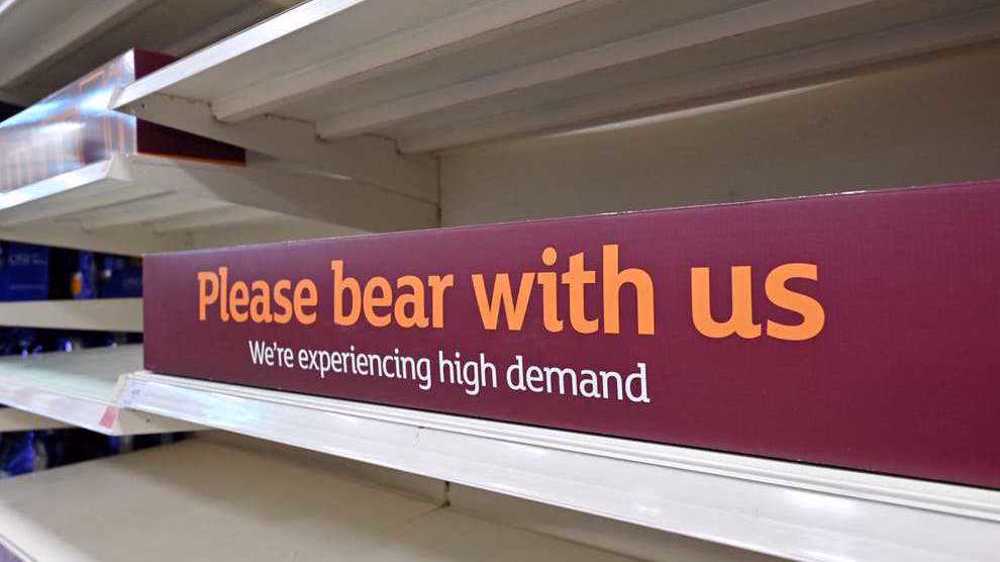
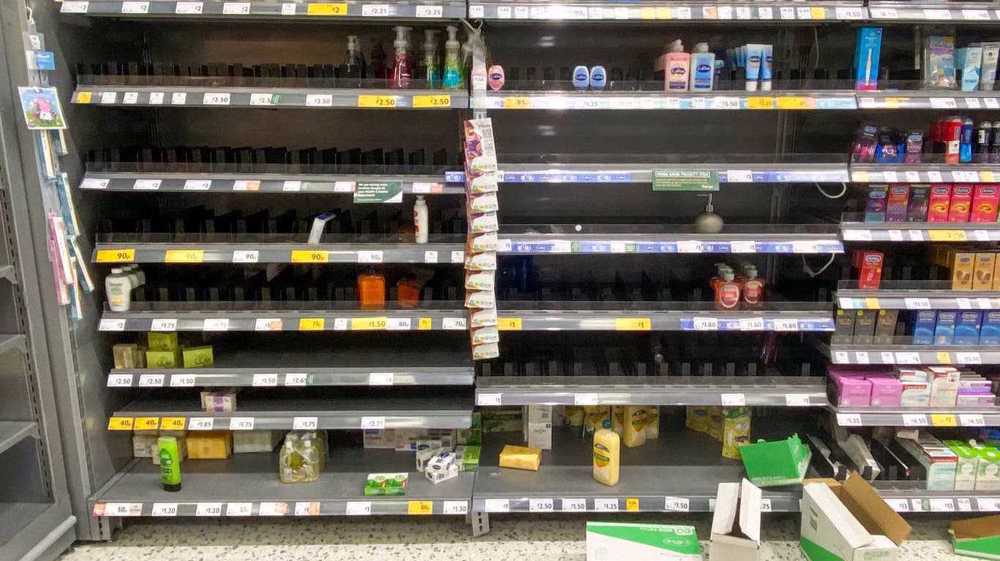
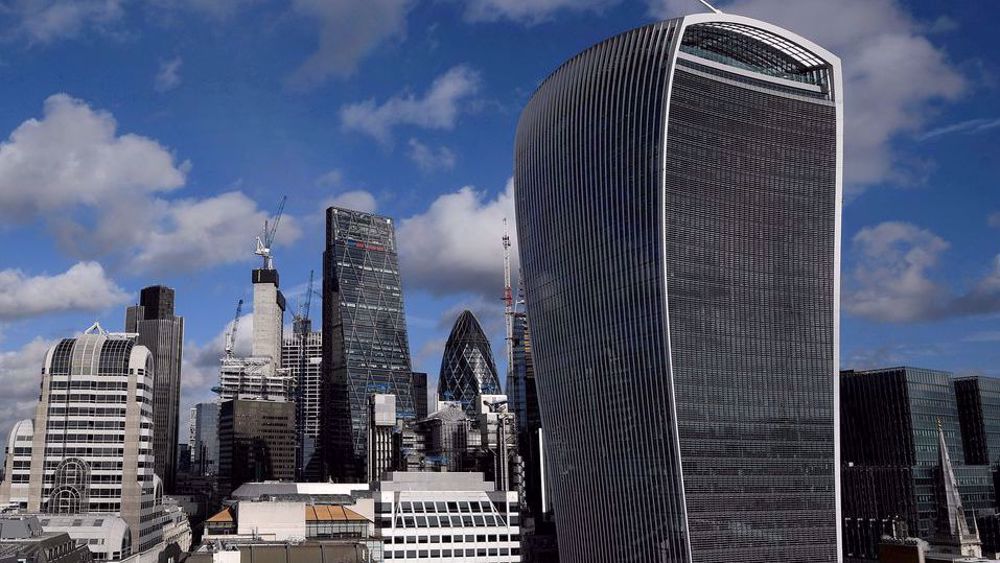

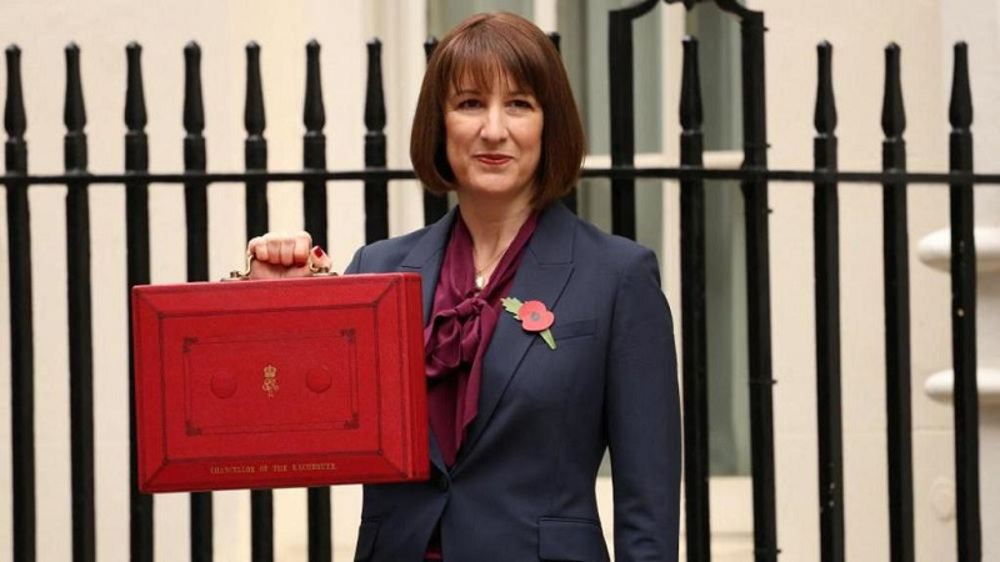
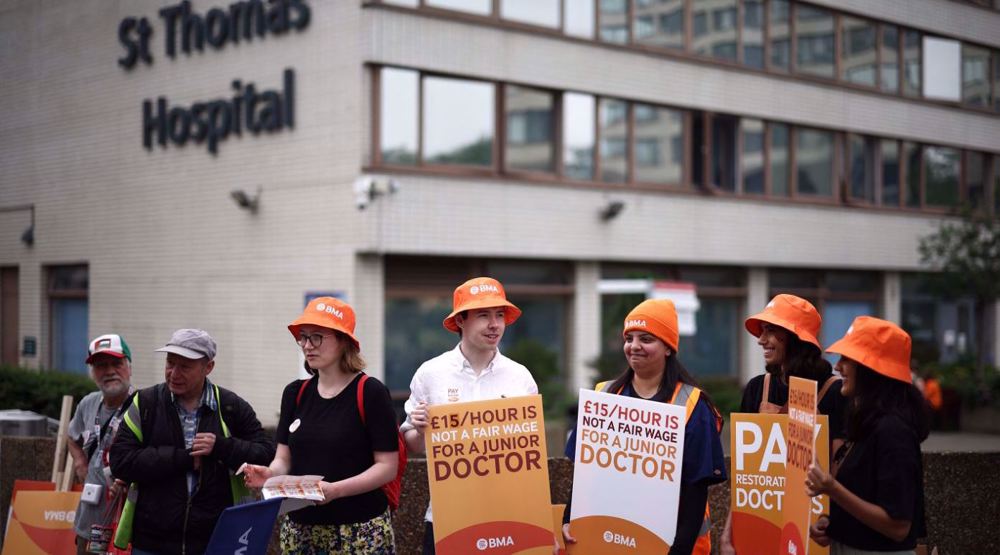




 This makes it easy to access the Press TV website
This makes it easy to access the Press TV website